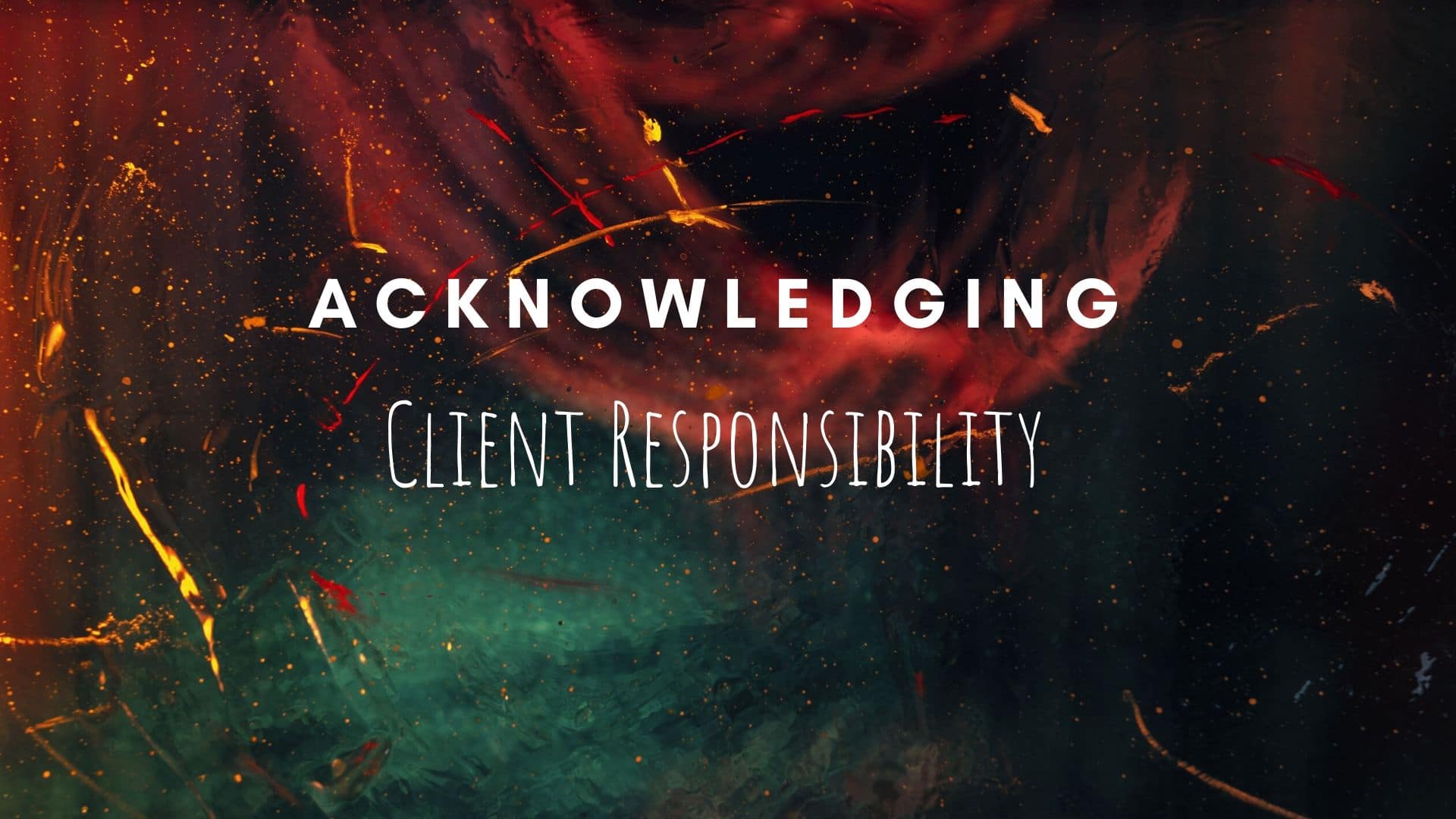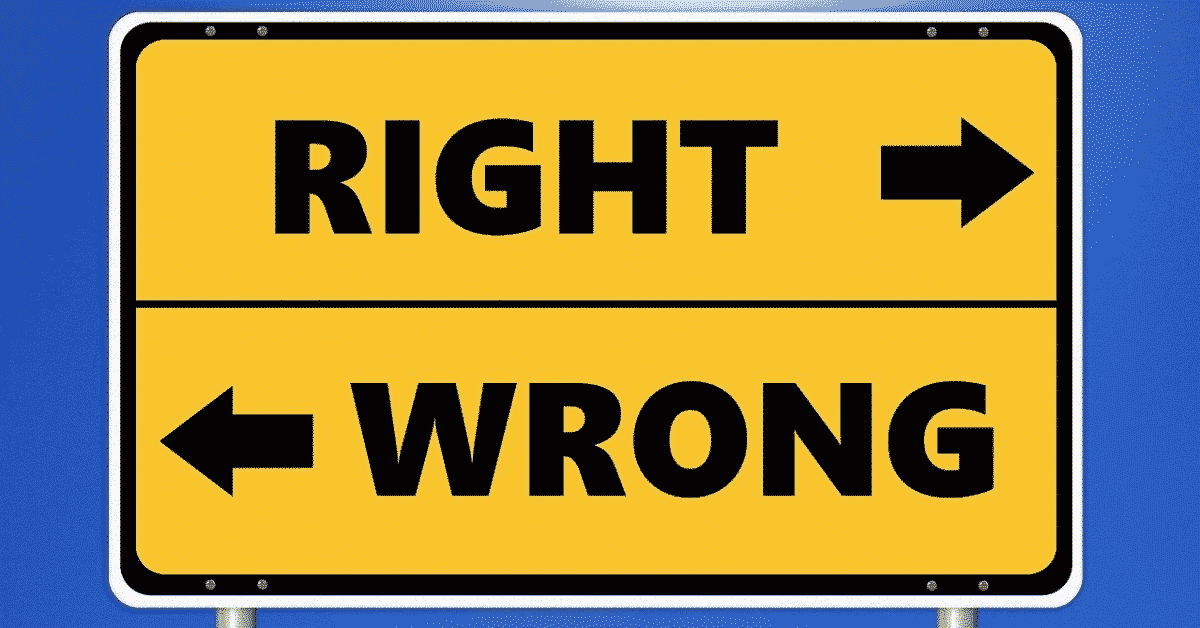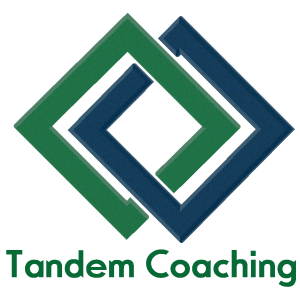
ICF Core Competencies: Acknowledging Client Responsibility
ICF recently released and updated competency model that will go into effect for credential applications in early 2021.
What does this change mean for coaches? It means that it’s time to step up our game and start focusing on what these indicators mean to who we are as coaches. The competency markers aren’t meant to be a checklist to make sure you go through every coaching session. They are intended to help you have a way to look at how your coaching mindset is being outwardly manifested. If these things aren’t showing, don’t create a list of questions to check off the markers. Instead, take a look inside and see what needs to change about who you are as a coach in order to reflect these things in your everyday life. Being a coach goes way beyond what you do inside a coaching session. It’s who you are and what you have become. It’s how you look at people and how you interact with the world that surrounds you.














